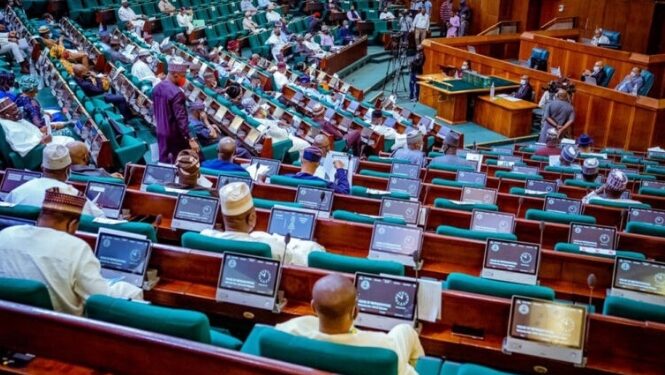The House of Representatives Public Accounts Committee has summoned the Central Bank of Nigeria (CBN) and 11 Electricity Distribution Companies (DISCOs) in connection with alleged mismanagement of the US$321 million and N18.2 billion loans.
The House of Representatives Public Accounts Committee has taken action against the alleged mismanagement of significant loans designated for accelerating critical transmission and distribution projects in Nigeria.
This article delves into the details surrounding this investigation, the role of the CBN, DISCOs, and contractors, and the concerns raised regarding loan repayment.
Chairman of the Committee, Rep. Bamidele Salam, issued the summons during the appearance of Engr. Sule Abdulaziz, Managing Director of the Transmission Company of Nigeria (TCN), before the committee in Abuja on Thursday.
The entities involved have been asked to appear before the committee on November 8.
The investigation was prompted by a petition highlighting the alleged misuse of funds that had been disbursed to the DISCOs by the CBN at the request of the TCN.
Rep. Salam has demanded detailed information regarding the loan disbursements, procurement processes, the involvement of DISCOs in the projects, the current status of the projects, and the loan repayment structure from the beneficiaries.
Chairman Salam emphasized the importance of ensuring that public institutions adhere to the law and international best practices while ensuring the judicious utilization of funds.
However, the repayment arrangement, which involves the TCN’s revenue, has raised concerns within the committee.
According to Abdulaziz, there was a gap in the electricity sector, leading to complaints from distribution companies about the inadequate supply from TCN.
Consequently, the need arose to invest in critical projects to enhance the distribution of electricity to Nigerians.
He explained that financial institutions and regulatory bodies, such as CBN and NERC, were involved in the financing and oversight of these projects.
The TCN played a beneficiary role, while the DISCOs were responsible for executing the projects.
Abdulaziz added that loan repayments were intended to come from TCN’s revenue, amortized on a monthly basis.
The concerns surrounding this repayment arrangement will be addressed in the upcoming committee hearing on November 8.











